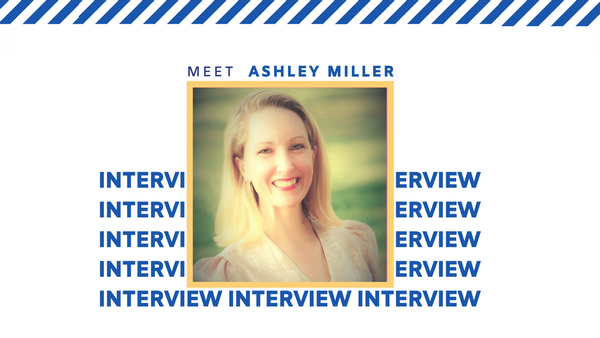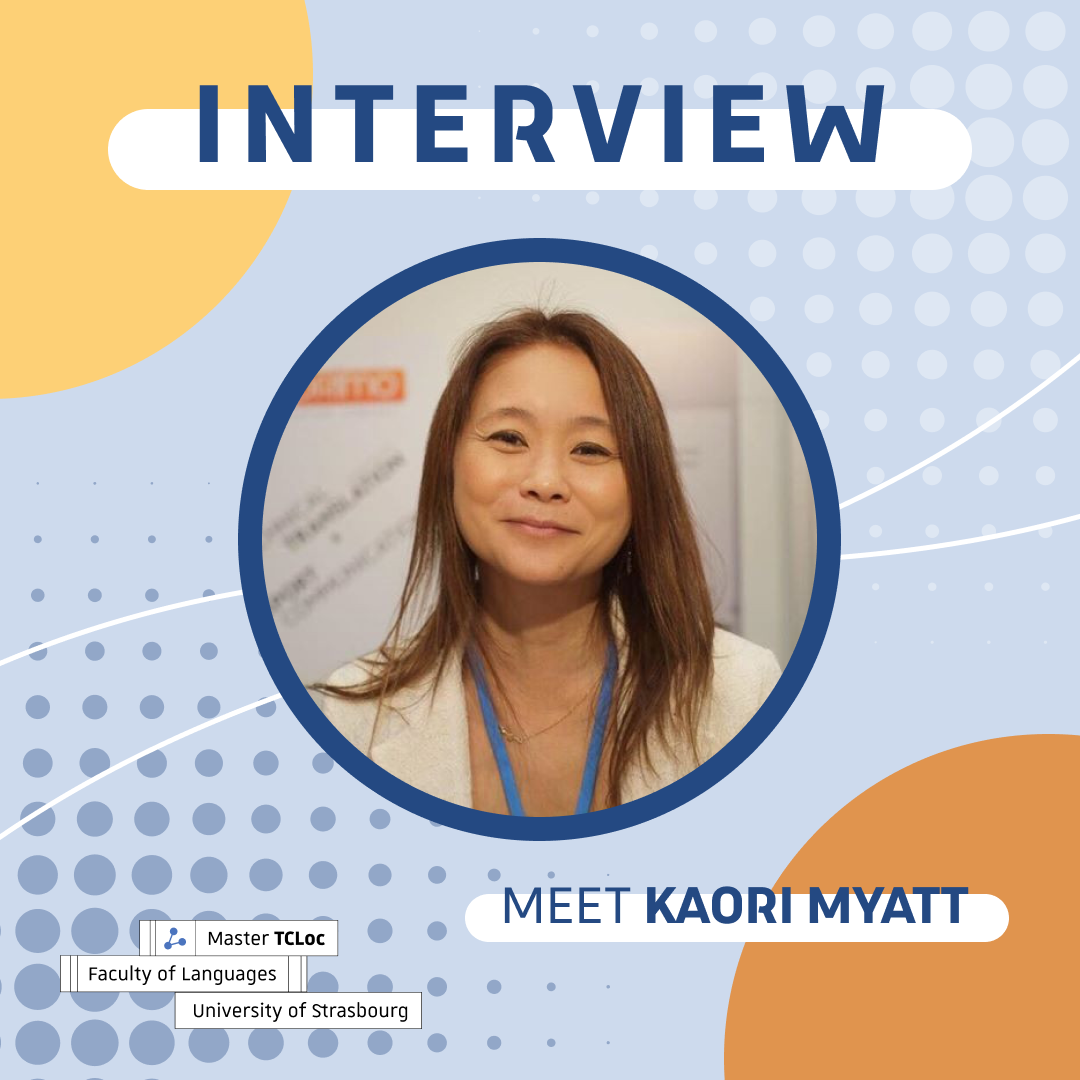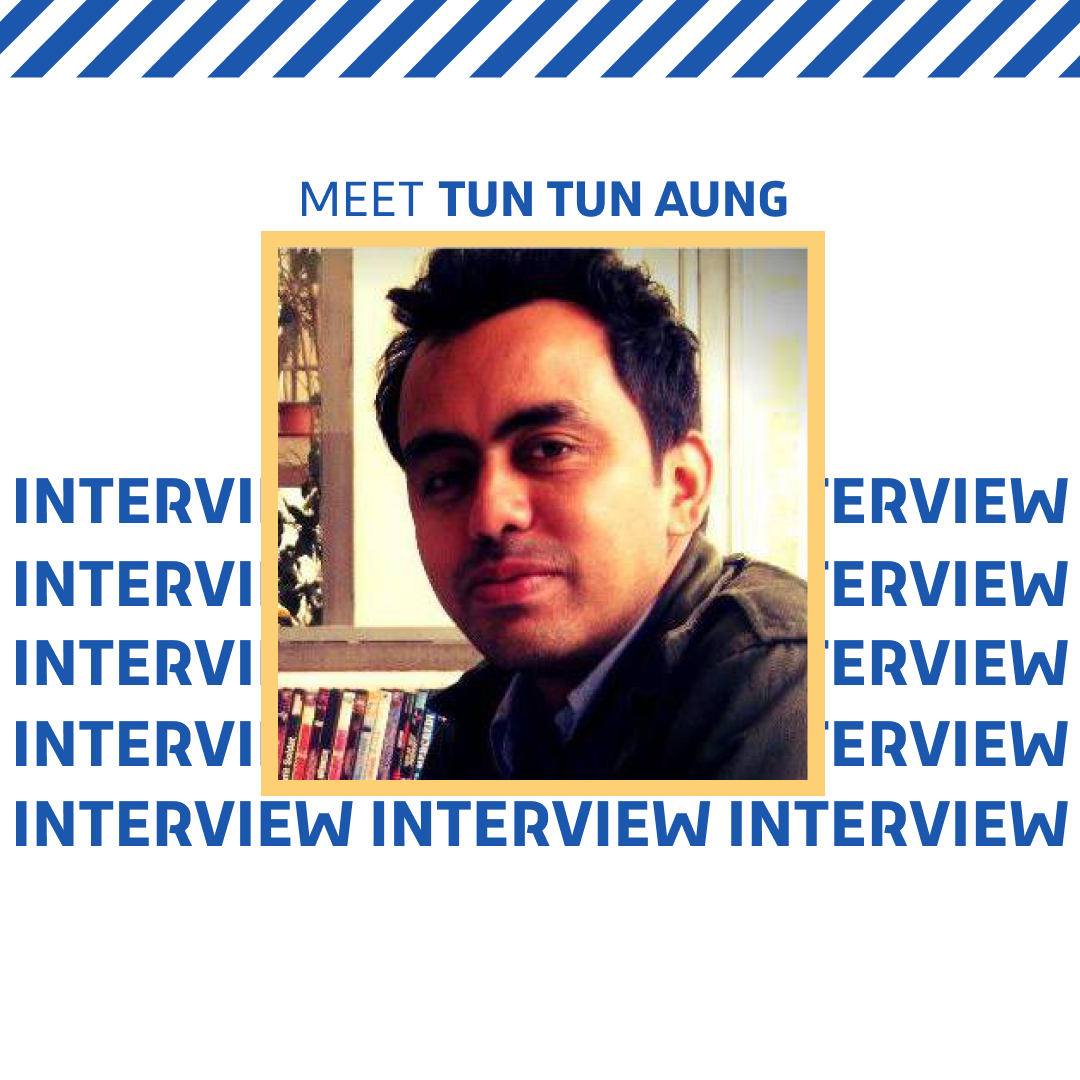Technical comunication and localization at the service of teaching: Ashley is an experienced English teacher who decided to complement her skills with the TCLOC master’s degree. Read this interview to know more.
First things first: Meet Ashley Miller, an English teacher andTCLoc student from the US
Hi Ashley! Can you tell us a little about yourself, please?
My name is Ashley Miller. I am old (laugh). I am a student a second time around. I have a degree in Educational Science, and also a BA in English. I am American, but I’m also French. I spent all of my childhood and a lot of my adult life in the U.S. but I live in France now. I moved here about ten years ago.
How did you come up with the idea of going back to university while living in France?
You know, working in France can be difficult. So despite being an English teacher and for the first six years of my life here, I was actually not allowed to work due to labor laws. That is why I decided it was time for me to find something to add to my resume.
I also needed something to challenge me because technical communication, I think, is a new field for a lot of people and something that is very unknown. So I thought it would really be a learning opportunity for me and would also help introduce me to a lot of things that I don’t currently know about, which would be technology, basically. So that was a really interesting foray into different types of technological software and platforms.
It was quite a good reminder that in order to really learn things, you sort of have to be willing to feel uncomfortable because it’s new material. And especially these days, as things move really quickly. So that is sort of how I decided to search for a training program.
Do you remember how you discovered the TCLoc master’s program?
I wanted something not too far from Metz (northwest of Strasbourg, in the Moselle departement that borders Luxembourg and Germany) because we had moved there. I found the TCLoc master’s online and it happened to be in Strasbourg, so it just matched. Besides, with the pandemic, it felt like the biggest blessing to be able to have something to do on a daily basis when everything else was sort of falling apart.
The added value of TCLoc
English is your native language and also the language you teach. Was it relevant for you to study localization?
Localization is… Well, I’m an English major – or was an English major – and I’m a teacher but I’m not a translator. Also, I now live in a country where I have to speak another language. My son is bilingual… It’s fascinating to me this idea of knowing one language and thinking in another language and writing in another language.
I’m like two different people, one in English and one in French. And so this idea of localization and making sure that you’re not only translating something, but you’re doing it so that it’s really applicable and relevant to the right culture. I thought “That’s me!”
It’s not on my resume but as a human and as a person I think it’s important to understand these things when you live in another culture. I definitely feel like it was relevant to me.
How do you think the TCLoc Master’s program can be useful to an English teacher?
Perhaps the immediate connection is not there, but it’s actually a very relevant program because you learn a lot of things that are good for the classroom, even if you’re not going to become a technical communicator. And it’s also really good for somebody like me who is a professor and may be asked to teach things that are not already part of what I’m used to teaching.
For example, there’s a lot of engineering schools here in France, right? What I mean here is that the skills I have now would certainly put me at a level above perhaps other English teachers, because I can teach courses that are also very relevant to engineers. I mean, the technology that I’ve now learned about and even things like plain language: that’s so applicable to engineers and technical communication, all these fields that engineers will have to be in!
I feel that I now have areas of expertise that I can add to my repertoire. It has been a very useful course for me and I am sure it would be a very useful program for other teachers. I don’t think it’s specifically for people who are translators. I think it’s important to see how it can connect to other professions, how it can really boost many different professions in the path they then decide to take afterwards.
Do you believe this program could be positive for teachers of other languages and subjects working in France?
I’m saying this from the perspective of somebody who has worked in higher education in France and who knows the system at this point: I think, in France, in the education system, people go through the CAPES (State diploma of teaching in colleges and high schools in France) and then they think they’re just a teacher.
On the contrary, in the US, you can do so many different things! If you’re a teacher in the US, they see you as somebody who can do a wonderful amount of things because you’re managing a classroom, you’re teaching things, you have specific information: you’re an expert. And I feel like in France, it’s not always seen the same way.
I am convinced it’s a program that would really benefit a lot of teachers who sort of don’t know what they want to do next and especially language teachers in France.They’re experts in whatever language they teach. And so getting this degree would help them sort of go off on another tangent that they didn’t know about before, instead of doing another M2 in MEEF (Master’s degree in teaching, education and training), for example.
A Master’s for multi-faceted profiles: how to balance work, life and more.
You teach, you do volunteering and you are also a mom: how did you manage to reconcile all these aspects of your life with university work?
You know, usually, I think when people are going to get a master’s, it’s because they’re sort of overachievers. Some people want to keep learning and they want to keep doing well. If you’re somebody who wants to go back to school then, usually, you’re somebody who also is concerned about how well you do and the grades you get.
So I set up a very specific schedule. What helped was the pandemic. I did not have any issue with doing anything else. I would go and volunteer three times a week at the Fondation Caritas with my mask on, and then I would come home and get my son from school. So there was no social pressure.
It is doable but it is a lot of work. I think it’s also important to be realistic about that. But a lot of the courses are “work at your own pace”, which is great if you want to do it all on the weekends for example. In that way, you don’t have to think about it during the week.
I have a friend in the program who has two young kids who did all of her work at night. She knew during the day she wasn’t going to be available, so then at night, she did all of her work.
There are several schedule options in TCLoc: accelerated (12 months), semi-accelerated (17 months) and extended (24 months). Which option did you choose ?
I wanted to do it in 12 months but it turned into 17 months. At first, I assumed it would not be much work. Although there is the tekom certification. If you choose to do it alongside the rest of the master, you should know that it’s super intensive. So I did the tekom program first, then I did the Strasbourg classes and finally, the thesis.
What was your experience with other students and staff?
I loved meeting other students. With some students from the Tekom portion we ended up forming our own little group. We still talk and meet every week, even if it was over a year ago. And from that little group two of them were also in the Master’s. And with those two ladies we’ve befriended one another, we will be good friends for a very long time.
One is German and the other one is French but living in the Netherlands. I’m very grateful because we don’t just talk about school. We talk about traditions and our thoughts on what’s going on in the world and other things like that. I’m very grateful for that opportunity. You’re not going to get on this sort of intimate level in a lot of ways. And so for that, I’m very, very grateful.
You got to meet people, both instructors and students, coming from all over the world. What was that like?
We had a WhatsApp group that was very active. I feel like it’s really a shame that we never, ever got to meet each other because of COVID. You quickly feel connected to the group when you do things together.
Well, to be more precise, and this is good news, you can choose. With an online program, you can either be really active or choose not to participate. We had one person in our group who told in advance he had social anxiety and that was great to know. And then we worked around it and we were able to make sure we gave him tasks that were comfortable for him. So I know that for some people, probably distance learning is a much better platform. And that’s great too.
Do you think it is easier for teachers to go back to school, compared to people who work in other roles and fields?
Learning is my jam. I love being a student. So, for me, it was something I was very excited about. I could even say that I’ve been learning since I moved to France. Having to learn different things to become a citizen and to study, doing intensive French for two years: I have been propelled into this student role in a way that would not have been necessary in the United States.
And it is humbling, right? But it is the same for a lot of people who, perhaps, are project managers, or the person in charge and all of a sudden they are students again. There is probably some sort of lesson to be learned from them having to switch roles.
I also took it as an opportunity to be like “that is a great way to do it” or “nope, never doing that”. It was also like a sort of personal growth as a teacher, it was very helpful.
Life after the TCLoc master for an English teacher
What are your key takeaways from TCLoc? What did you learn, what skills did it help you build?
I know I still want to teach, that’s for sure. And I think it will be very helpful in helping boost my resume and my CV.
There are certainly parts of the program that I could have done without (laugh) that did not suit me so well, like coding. But I’m glad I can now look at something and be like “Ah! It’s coding” whereas before I didn’t even know what it meant (laugh).
One of the things that actually I think I’m going to continue learning more about is plain language. I was going to do my thesis on user experience but the whole plain language thing in France and everything that is coming out right now about the pandemic made me change my mind. I think that there’s a lot to be said here but to make it short, I would like to focus on plain language and how it’s necessary in France. Plain language relates directly to what I find interesting, which is empathy, human kindness, helping others, but it is also intertwined with something academic.
I think that it is allowing me to feel much more confident in teaching subjects that I didn’t know about before. I feel like I’m really ahead of the curve now in France. I feel like what I could teach now will be taught here 40 years from now. So it’s going to be interesting for me to see how I can take this and really present it in a way that’s going to make me marketable at the moment in France.
Do you have any advice for future students?
People need to know that the program involves a fair amount of coding. It may be surprising for a localization master, but it’s an important part of the training. If, like me at the time, you don’t know a thing about it: you have to be curious and practice on top of the classes, find tutorials online and work on them.
When you go back to teaching, where would you like to teach?
I really think that with what I’ve learned, I feel like I’m super marketable for an engineering school but it requires these schools to realize that the skills I can help them with are important for their students. So it’s going to be more of a process for me. I’m sure, plain language isn’t on their syllabus which means: I will now have to prove to them they need this.
Thank you, Ashley, for your enlightening perspective!
The TCLoc master’s degree is accessible and valuable to all kinds of professionals, including language teachers. To learn more, just visit the TCLoc website.
This article is written by Céline Sellier and Lisa Krill



